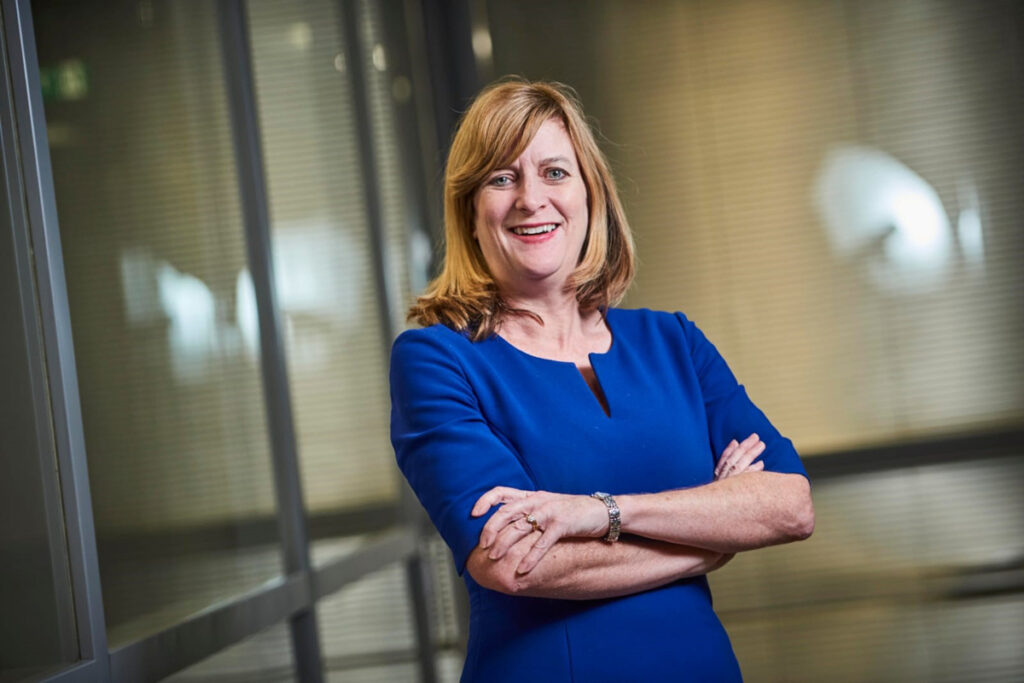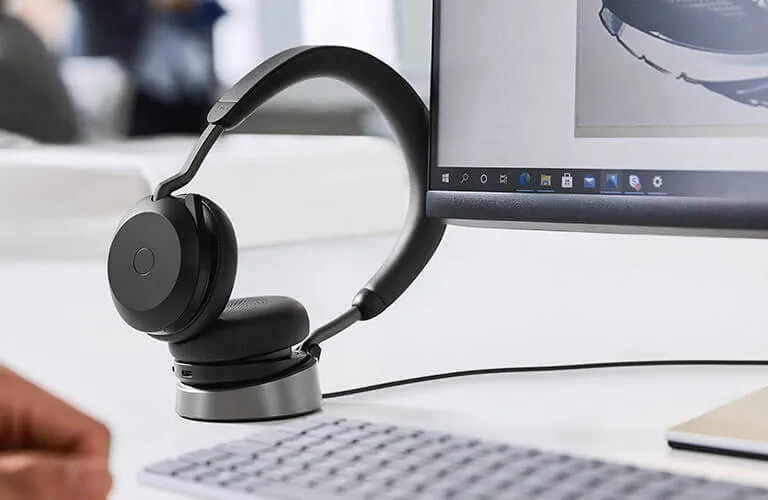Manufacturing - a jewel in the South West crown

Manufacturing has always been the dark horse of the South West’s economy.
It’s no secret that retail, hospitality and leisure dominate the region's economy. But despite what on the surface looks like a limited sectoral base when compared to other regions, I thought it important to shed some light on the unsung industry which does a sizeable amount of our economic heavy lifting.
We remain the fifth largest manufacturing region in the UK, with the sector accounting for over 10 per cent of the South West’s economic footprint – on par with the majority of neighbouring regional economies.
Read more: Region’s business confidence slumps to six month low - Lloyds
Our manufacturing base is well served for both imports and exports, which we owe to our strong shipping and port systems. So much so that we account for 6 per cent of the UK’s total goods exports, which travel to the likes of North America, Asia and Oceania.
Indeed, it's good to see our strength in food and drink manufacturing outputs, with the latest Lloyds Bank UK Sector Tracker showing that it’s one of only three sectors that saw output expand in August. That’s enabling businesses to capitalise on growth opportunities where other regions may be hindered.
However, due to a series of price hikes, we’ve seen a drop in demand to our largest manufacturing sub sector, transport equipment. And with confidence among our manufacturers only marginally ahead of the UK average, tackling these challenges will be vital to seizing the growth opportunities at firms’ fingertips.
A skills revolution
By the turn of 2020, there were 249,000 manufacturing jobs in the South West and by 2022, another 28,000 had been created. And although a steady increase in labour demand has reflected the rise in consumer confidence over the last 12 months, cooling economic conditions are likely to mean manufactures will need a further boost in headcount.
A shortage of skilled workers has been a challenge for many manufacturers, with 75 per cent of senior leaders in the South West saying availability of high skilled staff remains a key issue and is holding them back from achieving their full potential.
And although we have history of underinvestment, particularly among SMEs, good work is still being done to address these issues.
The Manufacturing Technology Centre is doing incredibly valuable work to introduce new skills to the sector and helping futureproof business growth on a national level.
Lloyds Bank has backed the Manufacturing Technology Centre since 2015 and we sponsor the centre to the tune of a million pounds a year to support the development of the skills the sector needs. We’ve also committed to continuing that until at least the end of 2029.
There are currently 146 different training courses on offer at the Manufacturing Training Centre, from automation and robotics to additive manufacturing.
I’m also pleased to report that it is helping build a more diverse manufacturing sector, which is a big opportunity for an industry where the proportion of women in the workforce has languished at around one in four of its workforce for the last 20 years. We need to encourage more women and girls into the sector as well as recruiting from as wide a talent pool as possible, including Black, Asian and Minority Ethnic communities.
We are going to need these diverse skills if we are to maintain our position as a centre of excellence for the energy efficient technologies of tomorrow, like electric vehicles, modular housing and renewable energy.
Leading by example
But while challenges persist, many businesses are investing in their growth.
For example, TasteTech – a food technology manufacturer in Bristol – recently boosted its storage capacity by over 5,000 sq ft and added an additional production line in order to meet growing demand for its products. The new facility and increased manufacturing capacity will allow the business to almost double its output to businesses across the globe.
And we’ve also seen manufacturers taking strides towards hitting net zero.
Take Wiltshire based brushware and hygienic cleaning tools manufacturer, Hillbrush, who in 2022 alone reduced its overall carbon output by 12.5 per cent.
Part of this huge decrease was down to its new purpose-built 129,100 sq ft headquarters, which includes 450KW of solar capacity to power its entire production line. This investment in sustainable technology adds huge value to the business’ fixed assets and provides opportunities to diversify its revenue stream.
It’s this kind of forward thinking and entrepreneurial spirit that is seeing the sector grow its prominence in the South West economy, and I have confidence in the businesses delivering this.
Visit Hampshire Biz News for bright, upbeat and positive business news from the county
Lloyds Bank will continue to do its bit to support the sector, but one of our region’s biggest strengths is how we can work together.
From micro businesses to large corporates, to our colleges and universities, and to trade bodies and local councils, everyone is working together to ensure the South West economy continues to prosper.
Amanda Dorel is regional director for the South West at Lloyds Bank













